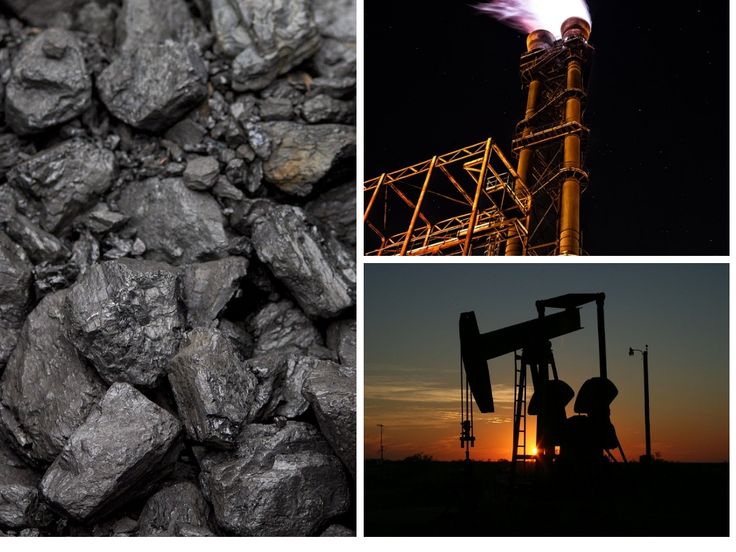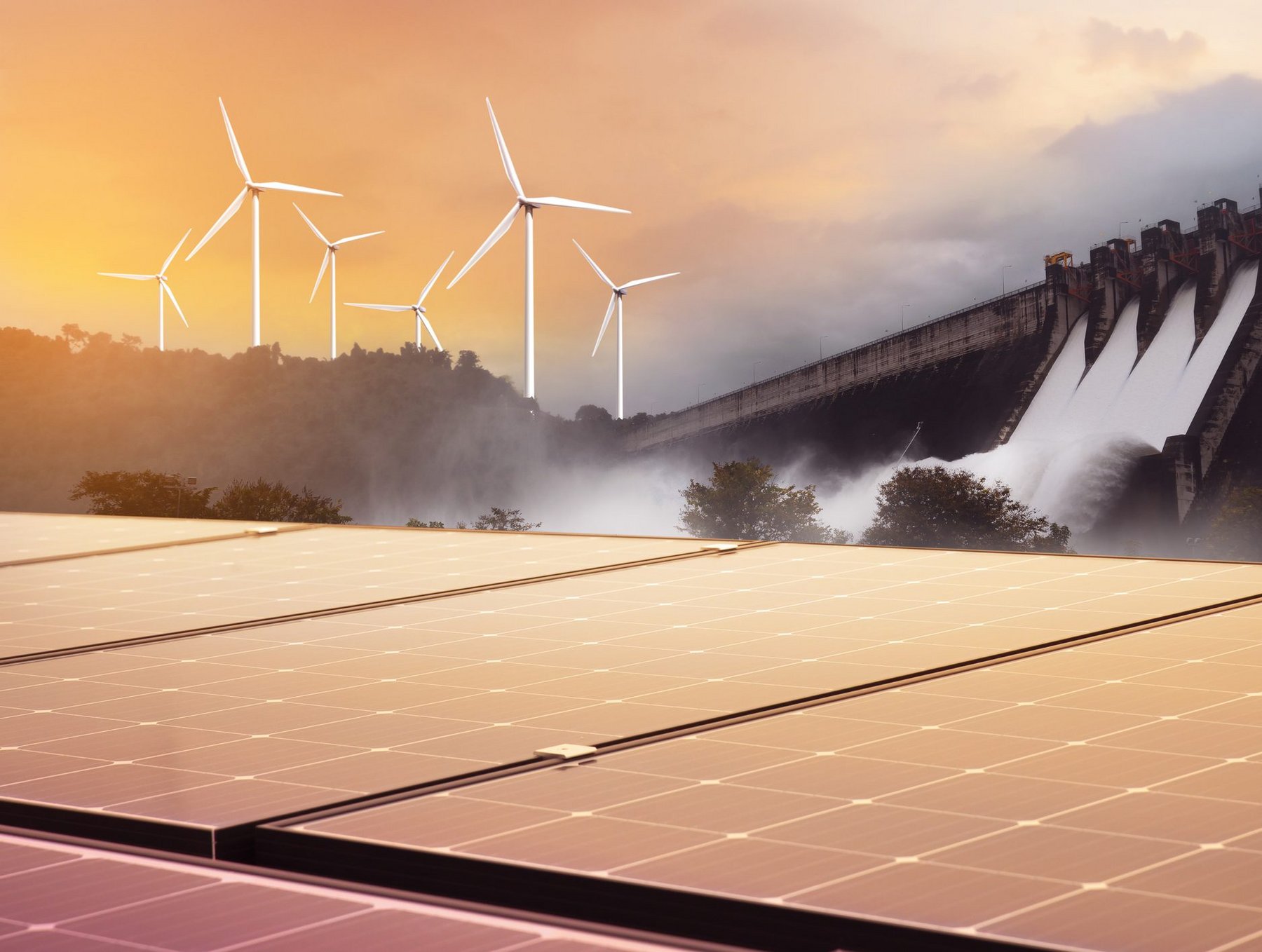Leave fossil fuels in the ground—it’s that simple. Yet, humanity continues to falter in addressing the climate crisis, held back by powerful industries and economic inertia. With no time to waste, it’s time to act boldly and embrace solutions that prioritize sustainability and justice for our planet. In a world teetering on the brink of climate catastrophe, environmental journalist George Monbiot’s words resonate like a rallying cry: “Leave fossil fuels in the ground. It’s so simple.” Yet, as simple as the solution might sound, humanity is struggling to implement it, held back by entrenched systems and the overwhelming influence of the fossil fuel industry.
The Stark Reality of Fossil Fuels
Fossil fuels—coal, oil, and natural gas—have powered our progress for centuries, fueling industrial revolutions and technological advancements. But they’ve also left a trail of destruction: carbon emissions that warm the planet, ecosystems pushed to the brink, and vulnerable communities bearing the brunt of climate impacts.
Scientists warn that we must limit global warming to 1.5°C above pre-industrial levels to avoid catastrophic consequences. Yet, reports show that current policies and emissions trajectories fall far short of this goal.
Why Are We Flunking the Test?
- The Grip of the Fossil Fuel Industry
The fossil fuel industry’s influence on politics, economies, and even public narratives has made change painstakingly slow. From lobbying against renewable energy initiatives to funding disinformation campaigns, this powerful sector wields enormous control. - Economic Dependence
Many nations rely on fossil fuels for energy, employment, and economic stability. Transitioning to renewables requires significant investment, policy overhaul, and global cooperation, which have been challenging to mobilize. - Cultural Inertia
Our societies are deeply ingrained with fossil-fueled lifestyles. The shift to greener alternatives involves not just technological change but also a cultural transformation—one that takes time and effort.
Why “No Time to Waste” Is More Than a Hashtag
 The climate crisis is not a distant threat; it’s unfolding now. Floods, wildfires, hurricanes, and droughts are becoming more frequent and severe, disproportionately affecting the most vulnerable. Delaying action only deepens the damage and raises the cost of mitigation and adaptation.
The climate crisis is not a distant threat; it’s unfolding now. Floods, wildfires, hurricanes, and droughts are becoming more frequent and severe, disproportionately affecting the most vulnerable. Delaying action only deepens the damage and raises the cost of mitigation and adaptation.
A Simple Yet Transformative Solution
Leaving fossil fuels in the ground is more than a slogan; it’s a blueprint for a sustainable future. This involves:
- Halting new fossil fuel extraction projects immediately.
- Redirecting subsidies from fossil fuels to renewable energy.
- Investing in green technologies, infrastructure, and job creation.
- Holding governments and corporations accountable for climate commitments.
Act On Climate: Everyone Has a Role
- Governments must enact policies to phase out fossil fuels and support a just transition for affected workers.
- Businesses should prioritize sustainability and divest from fossil fuel assets.
- Individuals can reduce their carbon footprint, advocate for change, and support renewable energy solutions.
Humanity’s Greatest Test

This is the most important predicament humanity has ever faced. While the challenges are immense, so are the opportunities for innovation, cooperation, and resilience. Monbiot’s words remind us that the answer lies in simplicity and urgency: leave fossil fuels in the ground. It’s not just an environmental imperative; it’s a moral one. The time to act is now
Time to Act Boldly and Decisively
The climate crisis is humanity’s defining challenge, and the stakes couldn’t be higher. Leaving fossil fuels in the ground isn’t just a policy suggestion—it’s a necessity for our survival and the health of our planet. While the obstacles are significant, so are the opportunities for innovation, resilience, and global cooperation. This is not a problem for future generations; it’s our problem, and the time to act is now. By prioritizing renewable energy, demanding accountability, and embracing sustainable practices, we can turn the tide and secure a livable future for all. Let’s rise to the challenge—because the planet, and all who call it home, depend on it.







Your point of view caught my eye and was very interesting. Thanks. I have a question for you.
I don’t think the title of your article matches the content lol. Just kidding, mainly because I had some doubts after reading the article. https://accounts.binance.com/si-LK/register?ref=V2H9AFPY
I don’t think the title of your article matches the content lol. Just kidding, mainly because I had some doubts after reading the article.
Can you be more specific about the content of your article? After reading it, I still have some doubts. Hope you can help me.